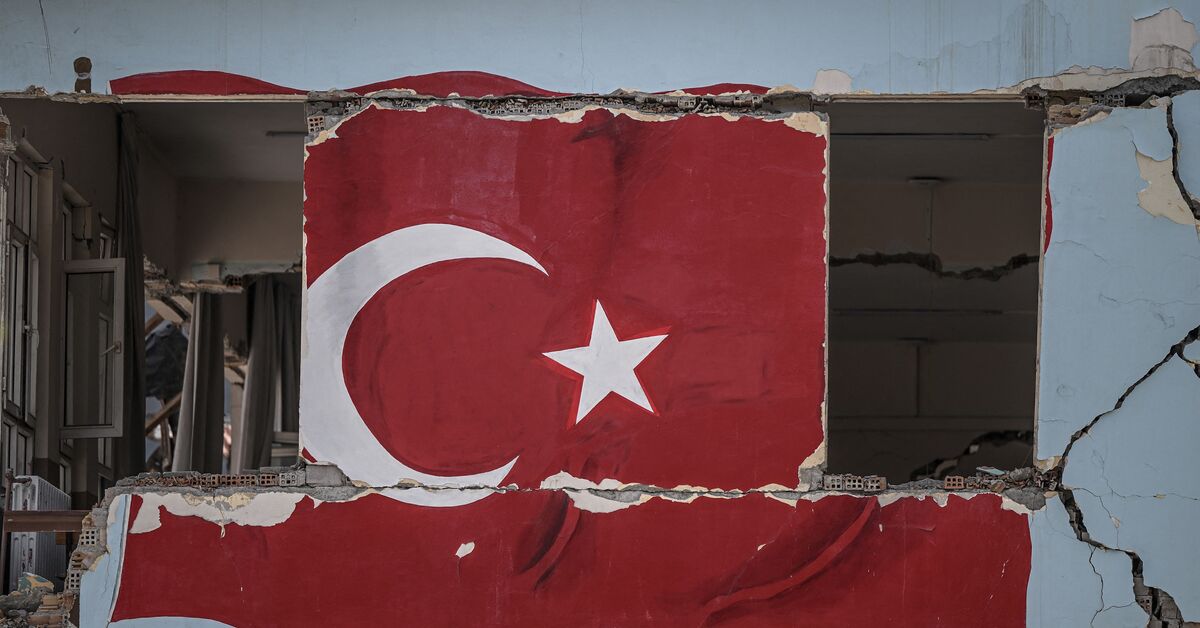Turkey’s industries see biggest decline since 2020 in quake aftermath
Turkey’s industrial production suffered its biggest decline since the peak of the COVID-19 pandemic in 2020 while a top businessman called for a devaluation of the lira to ensure the country’s export market remained globally competitive, as the impact of deadly earthquakes ripples through the economy.
The devastating earthquakes on Feb. 6 killed more than 50,000 across 11 provinces in southeast Turkey and were described by officials as “the worst disaster of the century.” The Turkish government estimates that the damage caused by the quakes will exceed $100 billion, while thousands of businesses had their operations frozen due to the disaster.
Production fell by 8.2% annually in February, the same month the quakes wreaked havoc on the country, according to data from the Turkish Statistical Institute released Tuesday. The last time there was a steeper output drop was for the year ending May 2020, at the height of the COVID-19 pandemic. Mining and quarrying was the hardest hit sector, plunging 18.3% from the previous month.
Data released earlier this week also showed that unemployment increased 0.3% in February to 10%. For the first two months of 2023, Turkey’s current account deficit reached $18.8 billion, 85% of the government’s target for the whole year.
The gloomy news comes just under a month before a critical election for Turkish President Recep Tayyip Erdogan, with opposition unifying against him and neck-and-neck in the opinion polls.
On Tuesday, a top Turkish businessman said the country’s exporters have “no chance” of competing against global rivals unless the lira is weakened and there is an end to what he called pressure on companies from the central bank.
Jak Eskinazi, head of the Aegean Exporters’ Associations, told Bloomberg on Tuesday that those pressures include the requirement for exporters to convert hard currency proceeds into liras and deposit foreign currency at banks in order to get credit. He said that if these policies continue after the May 14 elections, “factories will shut down.”
The businessman said that the lira should depreciate by around 20 to 25% against the dollar for Turkish exports to become competitive. On March 9, the lira fell to a record low of nearly 19 against the dollar. As of Tuesday morning, it was 19.30 liras to the dollar.
Eskinazi said at Aegean Exporters’ Associations general assembly on Monday that exporters have too many issues accessing loans due to pressure from the central bank.


